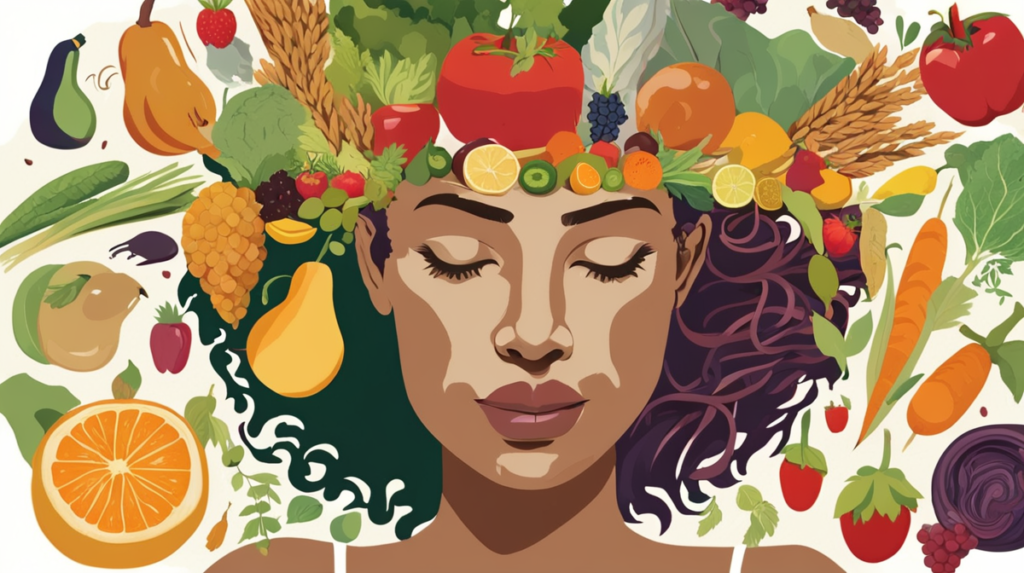With growing awareness about climate change and environmental degradation, sustainable eating has become a hot topic among health enthusiasts and environmentalists alike. This article explores the concept of sustainable eating, its benefits to our health and planet, and how you can adopt a more eco-friendly diet.
Understanding Sustainable Eating
Sustainable eating refers to the practice of choosing foods that are healthful to our body and the environment. It aims at promoting a food system where production, processing, distribution, consumption, and waste of food can be managed in a way that preserves our environment and promotes health.
Benefits of Sustainable Eating
A sustainable diet not only has significant benefits for our health but also plays a pivotal role in protecting our environment. Recent studies show a strong correlation between sustainable diet and improved health outcomes. It reduces the risk of obesity, heart diseases, and Type 2 diabetes. On the environmental front, adopting a sustainable diet helps in reducing greenhouse gas emissions, water usage, and land utilization.
Making Eco-Friendly Food Choices
1. Prefer Plant-Based Foods
Plant-based foods require less resources to grow and cause less harm to the environment compared to animal based foods. Plus, they are rich in essential nutrients that are beneficial to our health. Consider incorporating more fruits, vegetables, grains and legumes in your diet for a more sustainable approach to eating.
2. Buy Local and Seasonal Foods
Purchasing local, seasonal food reduces the need for long-distance shipping and therefore, fossil fuel use. In addition, these foods are fresh and packed with nutrients.
3. Minimize Food Waste
Food waste contributes significantly to environmental problems, including climate change. By reducing your food waste, you can make a significant impact. Meal planning, using leftovers creatively, and proper food storage are effective ways to minimize waste.
Controversies and Debates
While the idea of sustainable eating is largely accepted, there remain debates over its feasibility and practicality. Some critics argue that while eating less meat is beneficial for the environment, it may not be a feasible solution for all populations due to cultural or dietary needs.
The role of GMOs (Genetically Modified Organisms) in sustainable eating is also a controversial topic. Proponents argue that GMOs could help reduce the environmental impact of agriculture, while detractors contend that they could have unforeseen consequences for our health and biodiversity.
Conclusion
Despite the controversies, the benefits of sustainable eating are clear for both our health and the environment. By choosing food responsibly, we can play our part in preserving our planet for future generations.

